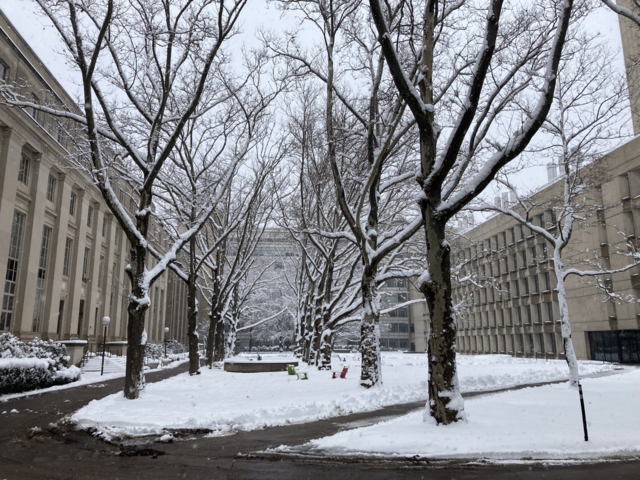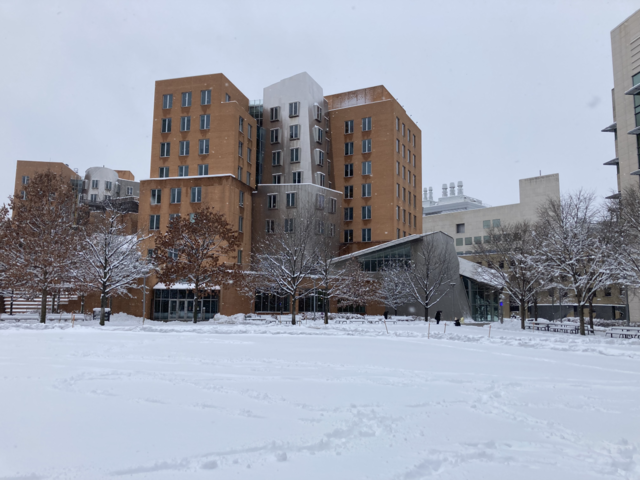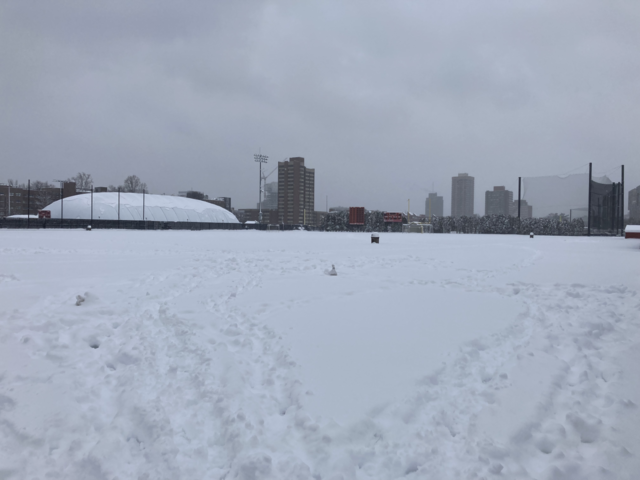
The Thammasat University Library has acquired a new book that should be useful for students interested in linguistics, philosophy, literary studies, translation, and related subjects.
Semiotics and City Poetics: Jakobson’s Theory and Praxis is by Dr. Mary Coghill, Honorary Visiting Research Fellow, College of Humanities, Russian Department, Exeter University, the United Kingdom.
The TU Library collection includes other books by and about the noted linguist Roman Jakobson.
Roman Jakobson was a Russian linguist and literary theorist who taught for many years at Harvard University and the Massachusetts Institute of Technology, Cambridge, Massachusetts, the United States of America.
Roman Jakobson was born in Moscow. His scholarly achievement was due to an ability for group research and collaborative work; as a student of Slavic philology at the University of Moscow, he cofounded the Moscow Linguistic Circle in March 1915, and joined with the Russian formalists in their efforts to redirect the attention of literary scholars to the construction and form of literary works. A second hallmark was his range of interests, from folklore and mythology through literature, the visual arts, linguistics, and semiotics. Jakobson’s work was also marked by ties between scholarship and art, especially the avant-garde.
A pioneer of structural linguistics, Jakobson was one of the most celebrated and influential linguists of the twentieth century.

Here are some statements by Jakobson about language:
- Languages differ essentially in what they must convey and not in what they may convey.
- Bilingualism is for me the fundamental problem of linguistics.
- Semantics, or the study of meaning, remained undeveloped, while phonetics made rapid progress and even came to occupy the central place in the scientific study of language.
- Speech sounds cannot be understood, delimited, classified and explained except in the light of the tasks which they perform in language.
- What’s next? Shall we appoint elephants to teach zoology?
- A linguist deaf to the poetic functions of language and a literary scholar indifferent to linguistics are equally flagrant anachronisms.
- When I speak it is in order to be heard.
Here are some recollections about working with Jakobson by the linguist Dr. Linda Waugh:
We worked with a typed manuscript; but, since Jakobson didn’t want a typewriter in his study/office at home, I wrote down the text with pen (or pencil) and paper as we created it. At many moments, especially after a long discussion about the correct wording of a specific point, I would read from my hand-written text to him so that we could both remember what we had written, and we would then move forward. Every few days, Martha Taylor, Jakobson’s assistant (who was acknowledged on the title page of the book), typed my handwritten text into a manuscript. She worked in his office at MIT but came often to his house to deliver mail, photocopies of articles/chapters, books from the library, and any new, typed version of the manuscript; she also took away the new manuscript pages for typing. Jakobson and I read the typed version together and talked about changes to the text, at all levels, from words to paragraphs to section headings and chapters.
Jakobson and I discussed and wrote together every word, every phrase, every sentence of the text. And this meant that we often discussed how to put into academic English what we wanted to say. In our search for the right wording, we would talk about words or phrases in English, and sometimes I used a large English Thesaurus to gather more words or we would consult a book or article we had read. He often suggested words in Russian, and also French, Czech, and German. I ultimately gathered Russian-English, Czech-English and German-English dictionaries to find a translation of a word and then used the English Thesaurus to find the best equivalent. It was often a long and frustrating process and Jakobson said more than once: «Russian is the most subtle and most perfect language for the expression of one’s thoughts, it always has the right word». Sometimes I became frustrated too and agreed to using a word in English while knowing that it wasn’t exactly the right one, so that we could continue with the writing (I later returned to the typed version and worked on changing the wording).
Another striking feature of this search for the right word was that, while we both provided synonyms and near-synonyms, Jakobson would suggest metaphorically related terms and in so doing he made many metaphorical leaps into other domains, which I found surprising at times (e.g., «palling flatness of verbal messages», «impoverishing attempts at disambiguation», «infusion of banality», «perverse castration to separate»). I on the other hand suggested metonymically related terms, staying in the same domain. We eventually talked about his more similarity-based and my more contiguity-based thinking. […]
Jakobson and I worked 7 days a week and there was intense dedication to scholarship that became even more a part of my life. Neither before nor since have I experienced such intellectually exciting times. I learned that language touches every aspect of what it means to be human and that a widened basis of work is the only way to capture that essence. I broadened my horizons for my own work; e.g., writing Chapter IV led me to become a scholar in semiotics and poetics and to read Charles Sanders Peirce. Many of my publications, presentations, courses, and seminars since finishing Sound Shape show the direct impact of working with Jakobson. I’ve also felt a sense of common ground with the recent interest in functionalist, discourse-pragmatic, semiotic, corpus-based, interactional, applied, anthropological, sociological, socio-cognitive and laboratory-phonological approaches to language, since they have much in common with the ideas in Sound Shape.
But my memories are not only of working with Jakobson but also of more informal times when we sat and talked over lunch, afternoon tea, dinner, on walks, etc., sometimes together with Krystyna or with scholars from around the world who came to see him. I was treated like a friend, a member of the larger ‘family’ around Roman and Krystyna. Both of them showed an interest in my life and my dreams for the future. There were frequent phone calls between Ithaca and Cambridge and trips to Cambridge to see them. My life and my work had taken on a dimension that hadn’t been there before. But then on July 18, 1982, I received a phone call from Krystyna, who told me: «Roman died».

(All images courtesy of Wikimedia Commons)
